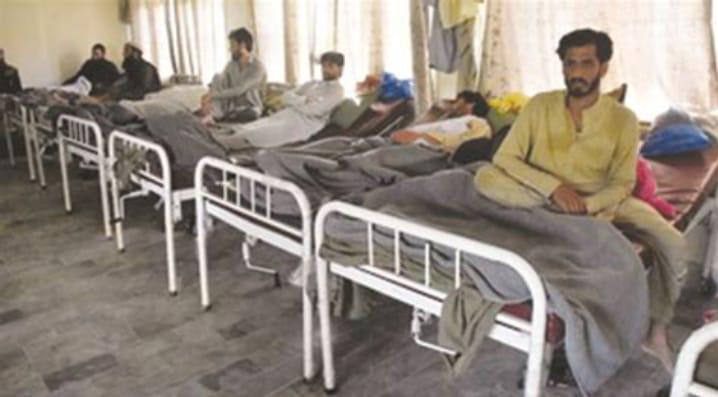By:Shabbir Jan
Peshawar :The growing use of drugs in educational institutions across the country has sparked serious concern. According to a recent report by the Anti-Narcotics Force (ANF), around 17 million students in Pakistan are now addicted to drugs, with a significant number being university and college students.
The report states that educational institutions have become easy targets for drug dealers, where the youth have easy access to various narcotics including ice (crystal meth), heroin, hashish, cocaine, and addictive pills.
A Silent Epidemic in Educational Institutions
An ANF spokesperson stated, “Drug use in educational institutions is increasing rapidly, becoming a silent yet dangerous epidemic.”
He further added that sometimes parents, teachers, and school administrations are unaware that students are heading down such a perilous path.
Experts Sound the Alarm
According to psychologists, drug abuse is not only destroying the mental and physical health of the youth but also jeopardizing their future. Observable effects include rising depression, suicidal tendencies, declining academic performance, and increasing involvement in criminal activities.
Responsibility of Parents, Teachers, and the State
Social experts emphasize that it is time for the government, parents, educational institutions, and civil society to unite and take practical action against this menace. Merely creating laws is not enough; effective enforcement is equally essential.
Government’s Efforts
In response to this grave situation, the federal government has announced an anti-drug campaign in educational institutions, which will include awareness programs, screening tests, and monitoring of suspicious activities.

